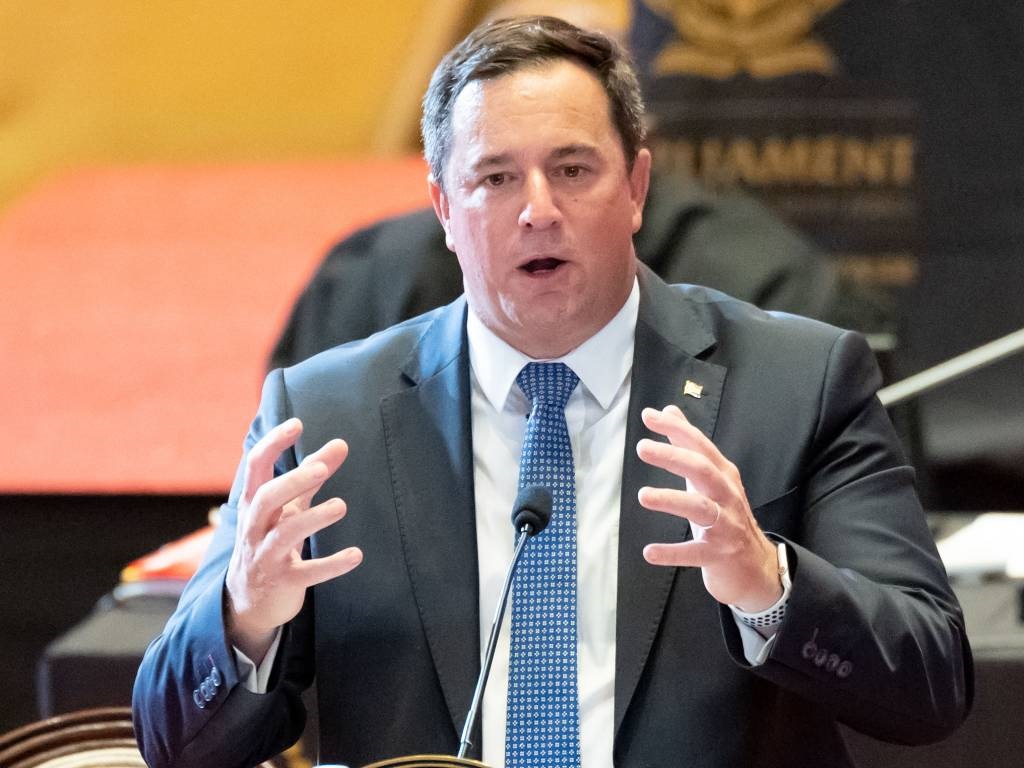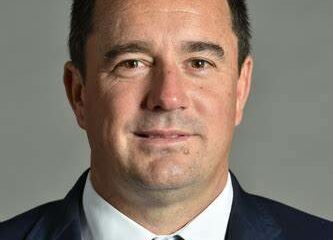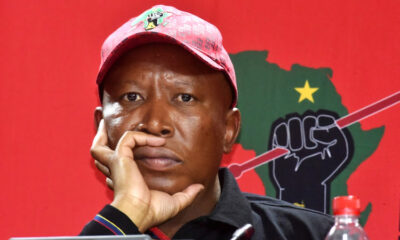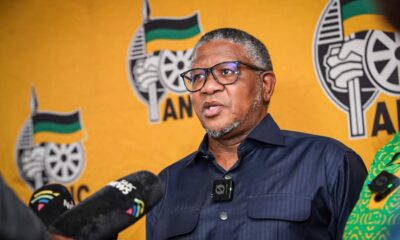News
Qualified or Battle-Tested? The Debate Over What Makes a Politician Fit to Lead in South Africa

From parliament to the party podium, what should count more: credentials or character?
In the messy theatre of South African politics, one debate refuses to die: should leadership be earned in the classroom or in the trenches?
While academic degrees and formal expertise are prized in many professional settings, political power in South Africa seems to operate by a different rulebook. The age-old tug-of-war between qualified and battle-tested leaders has once again come under the spotlight and it’s raising tough questions about what kind of leadership South Africa really needs.
Degrees or Deeds? A Look at the Political Playing Field
South African lawmakers come from diverse walks of life and sometimes, with surprisingly thin CVs. It’s not unusual for ministers to oversee portfolios in areas where they have no formal training.
Dr Zakhele Ndlovu, a senior political science lecturer at the University of KwaZulu-Natal, believes that’s a big problem.
“Experience and qualifications do matter,” said Ndlovu. “The ANC had no governance experience in 1994, and most of its deployees lacked relevant qualifications. Today, about 90% of MPs have no law background, yet they vote on legal matters and national budgets.”
Ndlovu argues that such leaders become “voting fodder,” loyal to the party line without fully grasping the policies they’re voting for.
The ANC has frequently been criticised for “recycling” ministers. Names like Angie Motshekga, who moved from Basic Education to Defence, and Dr Nkosazana Dlamini-Zuma, who has shifted between departments for decades, are often cited as examples of politically experienced but technically mismatched appointments.
“It’s crazy,” Ndlovu said. “There’s no logic in putting someone with zero defence background in charge of a security portfolio.”
The John Steenhuisen Controversy: Does Matric Matter?
Opposition parties have not escaped the heat either. John Steenhuisen, leader of the Democratic Alliance (DA), has often been mocked for not having a university degree.
The New Patriotic Alliance’s Liam Jacobs, a 24-year-old with an honours degree, recently questioned Steenhuisen’s credibility.
“I get told by someone with just matric that merit doesn’t matter. That’s a problem,” Jacobs said.
But the DA has consistently hit back, arguing that Steenhuisen’s political career, not his academic record — proves his ability.
“He was the youngest city councillor ever elected, led the DA in KwaZulu-Natal, served on many parliamentary portfolios, this is not someone who stumbled into leadership,” said DA spokesperson Willie Aucamp. “Let’s not tell matriculants across South Africa that they can’t lead unless they’ve been to university.”
Lessons from Abroad: China’s Approach
In countries like China, political leadership is tied to strict vetting. Rising through the ranks often requires academic credentials in economics, engineering or law, decades of experience, and a clear ideological track record.
“Leadership in China is based on political merit and legal mandate,” a 2023 statement from China’s State Council Information Office reads.
This combination of book smarts and bureaucratic grind aims to ensure a level of technical and ideological competence, something many argue is sorely needed in South Africa.
What Do South Africans Want in a Leader?
Social media reflects how divided the public is. Some users want leaders who’ve walked the talk, growing up in townships, fighting apartheid, or running local government. Others believe we’ve outgrown struggle credentials and need technocrats who understand finance, infrastructure and policy.
A viral post on X (formerly Twitter) read:
“Would you let a pilot with no training fly your plane? Then why is it okay for a defence minister with no military experience to run the army?”
But others argue:
“Degrees don’t teach you how to care about people. Leadership is about empathy, wisdom and guts. Books can’t teach that.”
A False Choice?
Maybe the answer isn’t either-or. In a country still battling inequality, unemployment, and failing services, what South Africa needs may not be one kind of leader, but a blend.
We need ministers who can read a budget and balance it, but also walk into a township and listen.
Political analyst Eusebius McKaiser once wrote that good leaders must be “both ethical and effective.” That may mean mixing academic expertise with community-grounded experience and holding all leaders, no matter their background, to the same high standard.
Because whether they have PhDs or only a matric certificate, South Africans deserve leaders who understand the job and put the people first.
{Source: IOL}
Follow Joburg ETC on Facebook, Twitter , TikTok and Instagram
For more News in Johannesburg, visit joburgetc.com



























